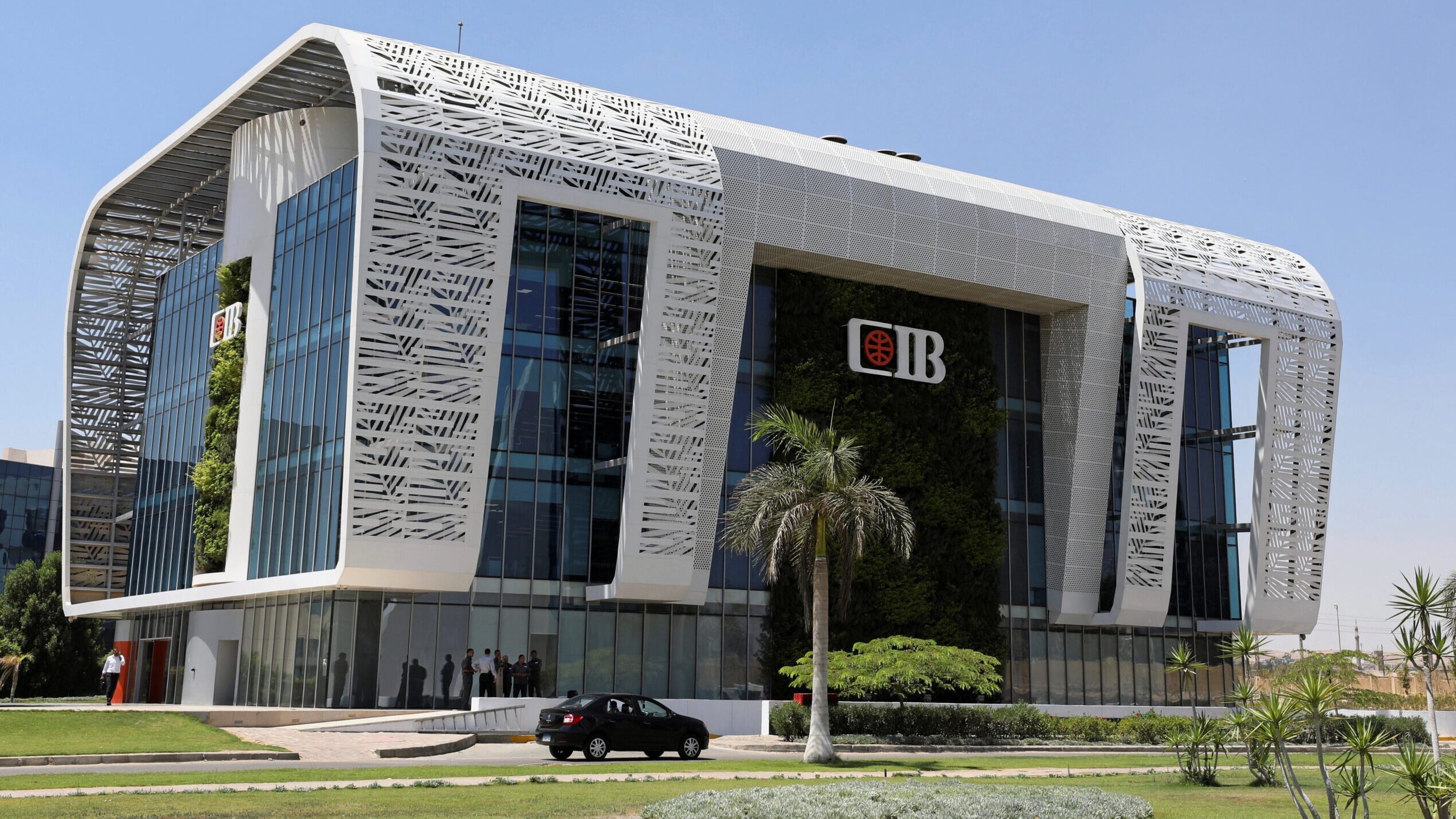French multinational Rubis Energie spent Sh9.72 billion (€84 million) in acquiring Gulf Energy Holdings Limited Kenya, deepening its grip on the local oil market.
The disclosure is contained in Rubis’ 2019 annual results which indicate that the transaction had pushed up its total investment in East Africa by 26.9 percent to Sh45.82 billion (€396 million).
Rubis completed the acquisition of Gulf mid-December last year. This was barely eight months after paying €312 million (Sh36 billion) to buy shares of another local oil marketer KenolKobil.
“The €396 million in acquisitions of financial assets relate to the takeover of KenolKobil and Gulf Energy Holding, representing the total investment made by the Group in East Africa,” Rubis says in results published last week.
The blocked figure of €396 million is up from €312 million that had been disclosed before Gulf acquisition. The difference therefore relates to this second transaction.
The acquisition of Gulf, through KenoKobil, solidifies the French major’s control in market share in Kenya.
KenolKobil had a market share of 14.1 percent at the end of September last year while that of Gulf stood at 4.6 percent in the same period, according to data from the Petroleum Institute of East Africa.
Rubis’s interest in local oil market will be 18.7 percent compared to that of closest rival Total Kenya (12.6 percent), also a French-controlled company.
The firm says its foray into the East African fuel product distribution market through the two deals have given it giving “a leading position in a zone that is set for strong growth.”
“The group is confident that it can position its new East African assets profitably and continue to enjoy organic growth, while using greater financial resources to pursue acquisitions,” said Rubis.
Rubis expects to benefit from the coronavirus crisis since it is an oil importer, which has sent the barrel prices of oil to lows last seen in 1991.
“The sharp fall in oil prices is expected to have a positive impact on margins and should generally be beneficial – through the transfer of purchasing power – to the markets in which Rubis Énergie operates, since it is primarily an oil importer.
SOURCE: Business Daily

Ethiopia has cleared the way for Safaricom to introduce M-Pesa in the market of 110 million people after deciding to include the ...

Egyptian largest private sector bank by assets Commercial International Bank (CIB) is seeking to acquire more banks to strengthen ...

The European Investment Bank and International Solar Alliance have published a study outlining access solutions to overcome key ...

Kenya has been ranked the top country in the world in reducing population with no access to electricity, pointing to the impact ...